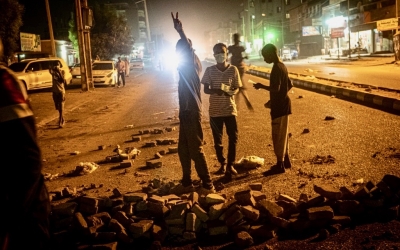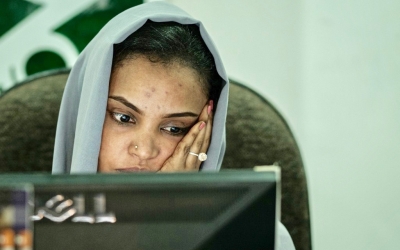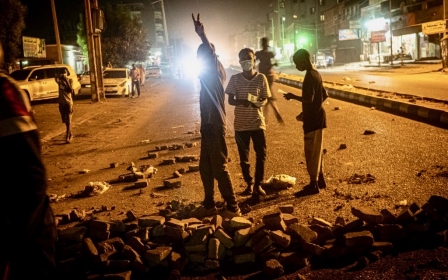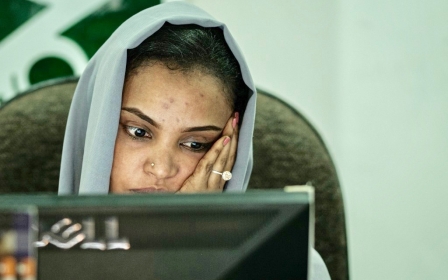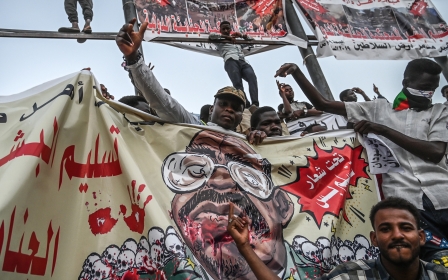Sudan military rulers reject Ethiopia proposal, want mediation unified with African Union
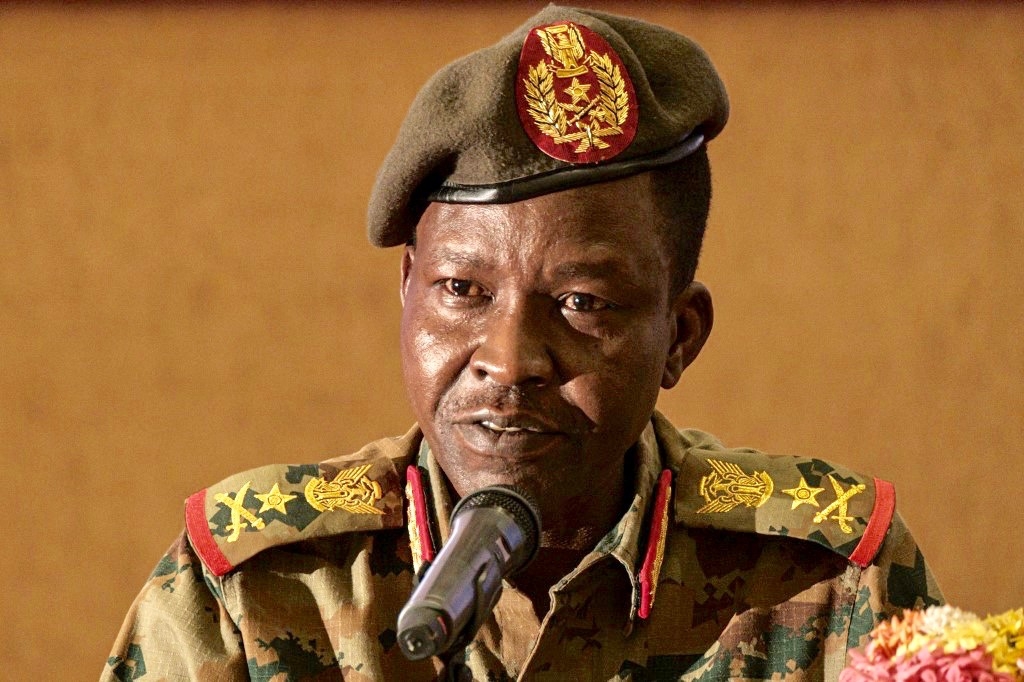
Sudan's ruling military council said on Sunday that Ethiopia and the African Union need to unify their efforts to mediate between the council and an opposition coalition on the structure of the country's transitional government.
The council's spokesman, Lieutenant General Shams El Din Kabbashi, said on Sunday that the council had rejected Ethiopia's proposal, which the opposition coalition agreed to on Saturday, but had agreed in principle to the AU's plan, Reuters said.
"The African Union's initiative came first," said Kabbashi, adding that the council had not studied the Ethiopian initiative, which he described as unilateral.
The generals and the opposition coalition have been wrangling for weeks over what form Sudan's transitional government should take after the military deposed long-time president Omar al-Bashir on 11 April.
Both Ethiopian Prime Minister Abiy Ahmed and the African Union (AU) have been trying to mediate between the sides.
Sunday's call by the generals comes after the mediators met with the military council's chief General Abdel Fattah al-Burhan on Sunday, AFP reported.
A draft of the Ethiopian proposal seen by Reuters on Saturday suggested that a ruling sovereign council would be made up of seven civilians and seven members of the military, with one additional seat reserved for an impartial individual.
Details of the AU proposal were not immediately known.
"We asked the mediators to unite their efforts and submit a joint paper as soon as possible to return the parties to negotiations," Kabbashi said.
Yasser al-Atta, a member of the military council, said: "The president [of the military council] clarified that he gave the mediators until tomorrow to present the joint vision."
"We do not accept dictations from any country," Atta added. "Saudi Arabia and the UAE have not and will not dictate political or economic conditions."
The two oil-rich Gulf countries between them pledged $3bn in financial and material support to Sudan in late April.
Sudanese activists fear that the two countries along with Egypt are pushing the military to cling to power rather than help with democratic change, given that the three Arab states are ruled by autocrats who have clamped down on political freedoms in their own countries, the Washington Post said.
Talks between the ruling generals and the Forces for Freedom and Change coalition collapsed when security forces stormed a sit-in outside the Defence Ministry on 3 June, killing dozens.
The military said a crackdown on criminals spilled over to the sit-in area, but some officers have been detained for presumed responsibility.
The makeup of the sovereign council was the main outstanding sticking point between the two sides before the talks collapsed. The military council cancelled all agreements it had reached with the coalition after the sit-in's dispersal.
"The reality has changed, and calls for bringing other political forces, together with the Forces for Freedom and Change, into government," Atta said on Sunday.
Middle East Eye delivers independent and unrivalled coverage and analysis of the Middle East, North Africa and beyond. To learn more about republishing this content and the associated fees, please fill out this form. More about MEE can be found here.


